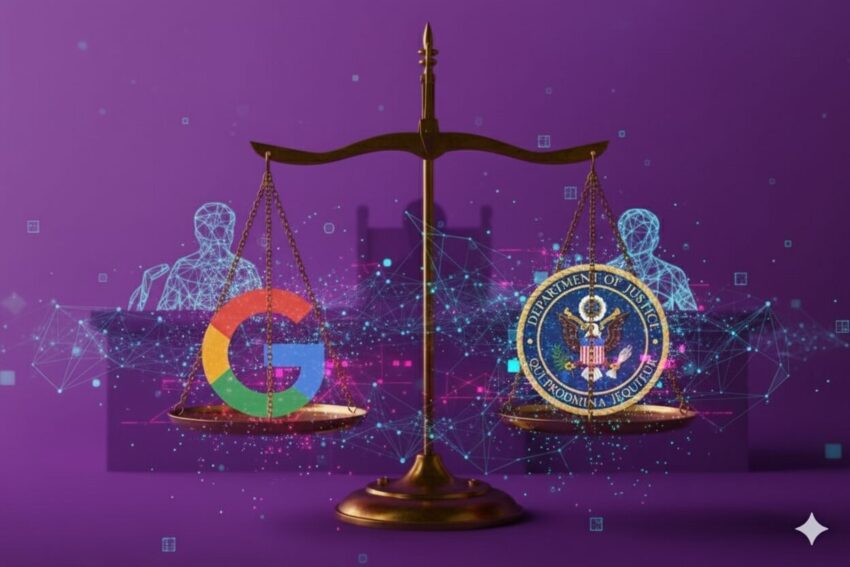TL;DR Summary of Insights on Google’s AI from DOJ Trial Documents
Optimixed’s Overview: Deep Dive into Google’s AI Architecture and Future Vision
Understanding Google’s AI Training Data Sources
Google primarily trains its AI models on the Google Common Corpus (GCC), a curated dataset composed of documents crawled recently by Googlebot, rather than relying solely on public repositories like Common Crawl. This extensive dataset forms the foundation for pre-training Gemini GenAI models.
The Role of MAGIT and Fine-Tuning AI Overviews
A specialized iteration of Gemini called MAGIT is fine-tuned to generate formatted textual responses for AI Overviews, enabling targeted tasks such as solving math problems and coding. Notably, Google does not use search click or query data for this fine-tuning, emphasizing a focus on data quality over volume.
OpenAI’s Proprietary Search Index and Its Implications
Contrary to popular belief, OpenAI has developed its own search index due to quality issues with external providers, although it historically leveraged Bing’s indexing. Current evidence suggests ChatGPT may also access Google Search data indirectly, reflecting a complex ecosystem of search technologies.
FastSearch: Grounding AI Responses in Real-Time Data
- FastSearch utilizes RankEmbed signals to quickly generate a ranked list of websites that ground Gemini’s AI responses in up-to-date information.
- This system is integrated into Google’s Vertex AI Vector search, allowing developers to ground large language model (LLM) outputs on verified search results or custom document sets.
- FastSearch balances speed and quality, enabling AI to recognize when information is missing from its training data and verify answers accordingly.
Publisher Rights and Content Usage in AI
The court ruling affirms that Google will not alter its policies to provide publishers more choice in how their content is used for AI training. While the Google-Extended directive in robots.txt can prevent training on content, it does not exclude sites from being featured in AI-generated Overviews or modes. Opting out of AI features essentially means opting out of Google Search itself.
Envisioning Google’s AI Super Assistant
Google aims to evolve its AI into a super assistant capable of performing virtually any requested task, transcending traditional search. This includes building a comprehensive world model and deploying agents like Google’s Genie to simulate environments and train robots for real-world applications. The future of search may shift from keyword queries to interactive, task-oriented assistance embedded in everyday life.
